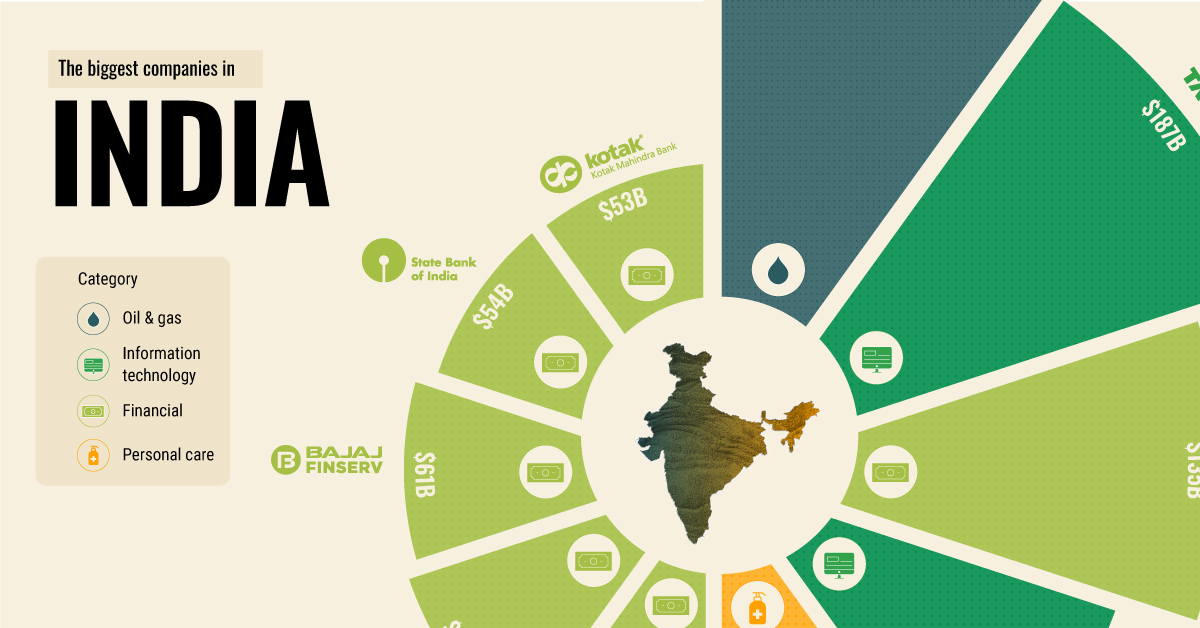Together with Indonesia, Malaysia, Singapore, Vietnam is among the favourable environment for Indian corporations to expand their footprint in ASEAN.
Indian companies with an ASEAN focus are highly optimistic about business growth in the region, according to a survey commissioned by Standard Chartered report Borderless Business: India-ASEAN Corridor that explores high potential opportunities for cross-border growth in this corridor.
Surveyed Indian companies expect their business to increase production in ASEAN while 93 per cent of these firms project growth in revenues over the next 12 months.
Access to the large and growing ASEAN consumer market (90 per cent), availability of an abundant and skilled workforce (51 per cent), and access to a global market enabled by a network of free trade agreements (44 per cent) are regarded as the most important drivers for expansion into the region by senior executives of the surveyed Indian companies.
Furthermore, the Regional Comprehensive Economic Partnership (RCEP) is slated to lure more foreign investments into the 10-nation bloc. Some 63 per cent of respondents indicate that their company will increase investments into ASEAN over the next 3-5 years on the back of the ratification of the RCEP agreement.

Study respondents believe Indonesia (61 per cent) is the most promising market for their organisation in terms of growth potential within ASEAN, followed by Vietnam (49 per cent), Malaysia, and Singapore (46 per cent each).
However, the poll revealed that Indian corporations are well aware of the vast spectrum of hazards that exist in Southeast Asia. The pandemic and other health catastrophes (which received 85 per cent of the vote), delayed recovery of the economy, and a decline in consumer spending (which received 73 per cent of the vote), as well as geopolitical instability and trade tensions (54 per cent) were the top three dangers cited.
Furthermore, more than 60 per cent of respondents agree that the most significant challenges they will face in the next 6-12 months will be adapting their business model to industry practices and conditions in ASEAN, understanding regional regulations, payment methods, and infrastructure, as well as building relationships with suppliers and adapting supply chain logistics.
To mitigate these risks and drive resilient and rebalanced growth in ASEAN, the survey respondents consider entering new partnerships to increase market presence (73 per cent), investing in leadership and talent development (59 per cent), and driving sustainability and ESG initiatives (41 per cent) as the most important areas for their companies to focus on.
Gaurav Bhatnagar, head of Trade and Working Capital for India and South Asia at Standard Chartered said, “ASEAN is one of India’s largest trading partners. With its Act East Policy, India aims to enhance trade and commerce with its eastern neighbours, positioning the ASEAN region as an important player to deliver future growth aspirations for the nation.”
Bhatnagar explained that Standard Chartered is committed to delivering sustainable trade finance solutions to its clients.
“Sectors like IT services, trading, pharmaceuticals, automobile, and renewable energy offer significant export opportunities to Indian firms. With Standard Chartered’s long-standing and prominent presence in ASEAN and India, we are uniquely positioned to facilitate the growth of trade and commerce in this extremely important trade corridor”.
Bilateral commerce between Vietnam and India grew fast from $200 million in 2000 to $13 billion in 2021 and $15 billion this year. India was the 25th-largest investor in Vietnam as of February, with 315 valid projects worth more than $918 million, mostly in the processing, manufacturing, electricity production and distribution, and mining sectors.
Source: VIR

